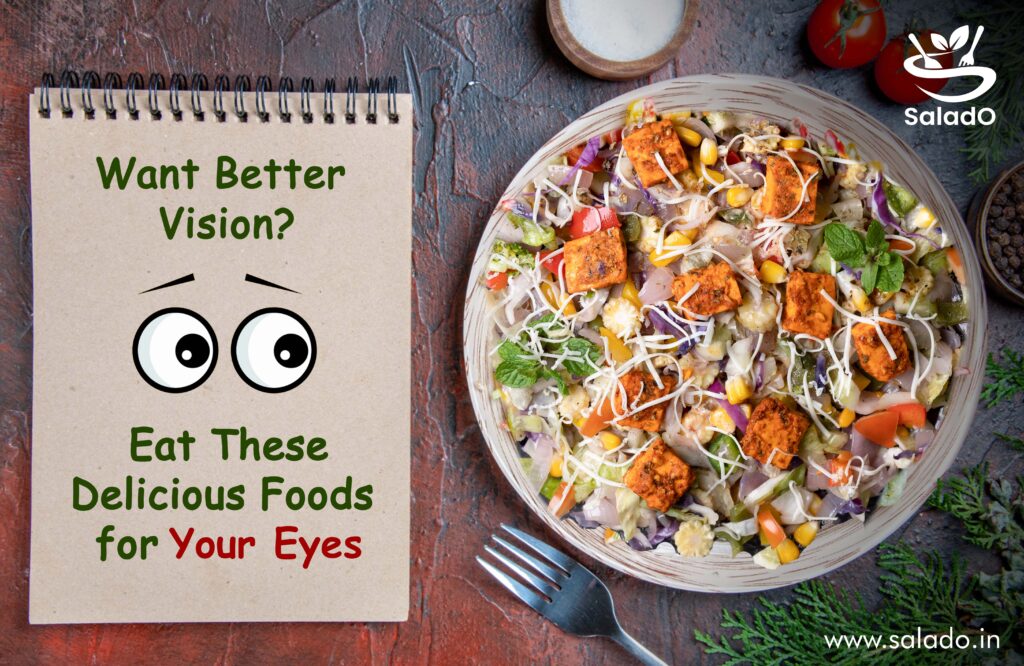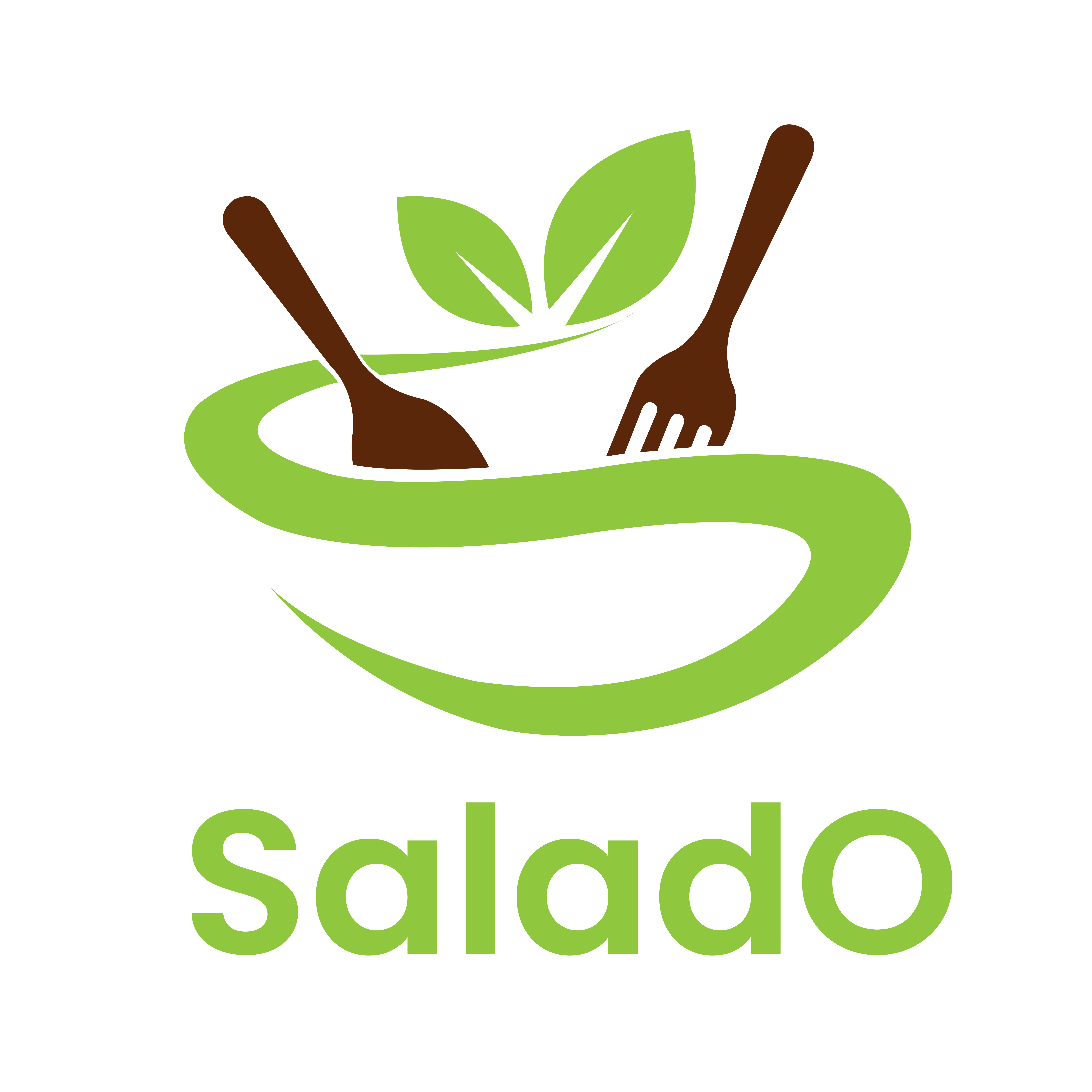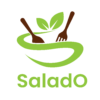
You know the old saying that eyes are the windows to the soul. But did you also know that certain foods can be a gateway to better vision and eye health? What you eat plays a surprisingly big role in how well you see the world around you. The good news is that some of the best foods for your eyes also happen to be delicious. In fact, you’re probably already eating many of them.
Why Diet Matters for Healthy Eyes
Why Diet Matters for Healthy Eyes The foods you eat have a significant impact on your vision and eye health. What you consume provides the nutrients your eyes need to function properly and may help prevent or slow the progression of certain eye diseases. Focusing on an eye-healthy diet with these essential nutrients can help strengthen your eyesight now and as you age.
Antioxidants
Antioxidants like vitamins A, C, and E help combat free radicals that can damage your eyes. leafy greens, citrus fruits, and broccoli are excellent sources of antioxidants. Aim for 1 to 2 cups of leafy greens, 1/2 cup of chopped broccoli, and 1/2 cup of citrus fruit a few times per week.
Omega-3 Fatty Acids
Omega-3s are healthy fats that are important for eye health and may help prevent dry eyes and macular degeneration. Fatty fish like salmon, tuna, and mackerel are the best sources. Aim for eating fatty fish 2 to 3 times a week. For vegetarians, flax seeds and chia seeds also provide omega-3s. Add 1 to 2 tablespoons of flax or chia seeds to your oatmeal, yogurt, or smoothie daily.
Zinc
Zinc plays an essential role in transporting vitamin A from your liver to your eyes. Oysters, beef, pumpkin seeds, cashews, and chickpeas are excellent sources of zinc. Aim for eating 3 to 4 ounces of beef or oysters, 1/2 cup of pumpkin or cashew seeds, or 1 cup of chickpeas two to three times per week.
Lutein and Zeaxanthin
These carotenoids help support eye health and may help prevent macular degeneration and cataracts. Leafy greens like kale and spinach as well as eggs are high in lutein and zeaxanthin. Aim for 1 to 2 cups of leafy greens and 2 to 3 eggs per week.
Following an eye-healthy diet with these essential nutrients and the best foods for your eyes can help ensure your eyes get the vital nutrition they need to support clear, healthy vision for life. Making good choices for your eyes now will pay off in the long run.
Eat More Vitamin C-Rich Fruits Like Oranges
If you want to boost your eye health and potentially improve your vision, eat more foods high in vitamin C, like oranges. Vitamin C acts as an antioxidant in your body and helps support eye health. According to studies, vitamin C may help reduce the risk of cataracts and age-related macular degeneration, two common causes of vision loss as you get older.
Oranges are an excellent source of vitamin C. One medium orange contains about 70 milligrams of vitamin C, which is nearly your entire daily need. Other citrus fruits high in vitamin C include:
-
Grapefruit
-
Tangerines
-
Lemons
Vitamin C is water-soluble, meaning your body does not store it. This means you need to get vitamin C from your diet every day. In addition to citrus, load up on these vitamin C-rich foods:
•Red and green bell peppers – One cup of raw bell peppers contains over 100% of your daily vitamin C needs. Bell peppers are also high in eye-healthy antioxidants like lutein.
•Broccoli – One cup of chopped broccoli has over 100% of your vitamin C and also contains lutein. Steam or stir fry broccoli to maintain the most nutrition.
•Kale – One cup of raw kale leaves contains 80% of your vitamin C. Kale also has zeaxanthin, an antioxidant that helps support eye health and may help prevent macular degeneration.
•Tomatoes – One medium tomato has about 30% of your vitamin C. Tomatoes also contain lycopene, an antioxidant that helps protect eye health.
•Kiwi fruit – One medium kiwi fruit contains over 100% of your vitamin C. Kiwis also have lutein and zeaxanthin, two antioxidants important for eye health.
In addition to eating more vitamin C-rich foods, you can also take a vitamin C supplement. As with all supplements, talk to your doctor first to determine an appropriate dosage based on your individual needs. Focusing on a diet high in vitamin C and other antioxidants is one of the best ways to support and potentially improve your vision and eye health.
Foods With Vitamin E Protect Against Cataracts
When it comes to protecting your eyesight, certain nutrients are key. Vitamin E is one of the most important antioxidants for eye health and helping prevent vision loss from age-related macular degeneration (AMD) and cataracts.
Foods High in Vitamin E
Some of the best food sources of vitamin E include:
-
Spinach: One cup of cooked spinach provides over half your daily vitamin E needs. Spinach is also high in lutein, another antioxidant that promotes eye health.
-
Swiss chard: Like spinach, chard is a dark leafy green packed with vitamin E, lutein and zeaxanthin.
-
Almonds: Just one ounce of almonds, about 23 nuts, contains nearly 50% of your vitamin E requirement for the day. Almonds are a perfect portable snack and also provide healthy fats, protein and magnesium.
-
Avocados: A single avocado has over 20% of your vitamin E needs. Avocados also contain lutein, zeaxanthin and monounsaturated fats that are good for your eyes and heart.
-
Olive oil: Use extra virgin olive oil for salad dressings, marinades and low-heat cooking. Two tablespoons provide 10% of your daily vitamin E. Olive oil is also a source of omega-3 fatty acids which promote eye health.
-
Sweet potatoes: One medium sweet potato meets over half your vitamin E requirement. Sweet potatoes are rich in beta-carotene as well, an antioxidant that gives them an orange hue and converts to vitamin A in your body.
-
Eggs: Egg yolks contain vitamin E, so for the most nutrition opt for whole eggs instead of just whites. Two whole eggs provide 10% of your vitamin E for the day.
-
Mangoes: One cup of mango provides almost 20% of your vitamin E and 100% of your daily vitamin C. Mangoes also contain zeaxanthin, an antioxidant that helps support eye health and may lower the risk of cataracts.
Getting adequate vitamin E from foods or supplements can help delay the progression of cataracts and reduce your risk of AMD. Eating a diet high in these vitamin E-rich foods is one of the best ways to keep your eyes healthy and support clear vision as you age.
Leafy Greens Are Full of Eye-Healthy Nutrients
Leafy greens like spinach, kale, and collard greens are packed with nutrients that are great for your eyes.
Vitamin A
Leafy greens are high in vitamin A, also known as beta-carotene, which helps maintain healthy cells in your eyes, especially the cells in the retina and macula. The macula is responsible for sharp, central vision. Lutein and zeaxanthin are two carotenoids found in leafy greens that act as antioxidants to help prevent damage to the retina.
Vitamin C
Just one cup of cooked spinach provides over 100% of your daily vitamin C needs. Vitamin C acts as an antioxidant to protect your eyes from cell damage and helps support eye health as you age. Adequate vitamin C intake can help reduce the risk of cataracts and age-related macular degeneration, which are leading causes of vision loss.
Other Nutrients
Leafy greens also provide vitamin E, zinc and folate – all of which play a role in eye health and vision. Zinc helps bring vitamin A from the liver to the retina to produce melanin, a pigment that protects the eyes. Folate helps metabolize amino acids that are important for eye health.
To get more leafy greens in your diet, add spinach to omelets or scramble eggs, add kale to soups and stews, make a big salad with romaine or arugula, or try collard greens sautéed with olive oil and garlic. Blending leafy greens into a smoothie is an easy way to get a boost of nutrition.
Focusing on a balanced diet with plenty of leafy greens and other eye-healthy foods is one of the best ways to support vision for years to come. Your eyes will thank you for all those healthy bowls of greens!
Conclusion
So there you have it – a whole list of the best foods for your eyes that can help boost your eye health and support better vision as you age. The good news is, these foods for your eyes are delicious and easy to incorporate into your daily diet. Whether you snack on carrots and hummus, add spinach to your morning smoothie, or treat yourself to wild-caught salmon once a week, your eyes will thank you. Eating for eye health has never been so simple or satisfying. Make a commitment today to add more of these nutritious foods into your routine. Your eyes are worth it, and your vision is too precious to ignore. So get munching – your eyes will be glad you did!


